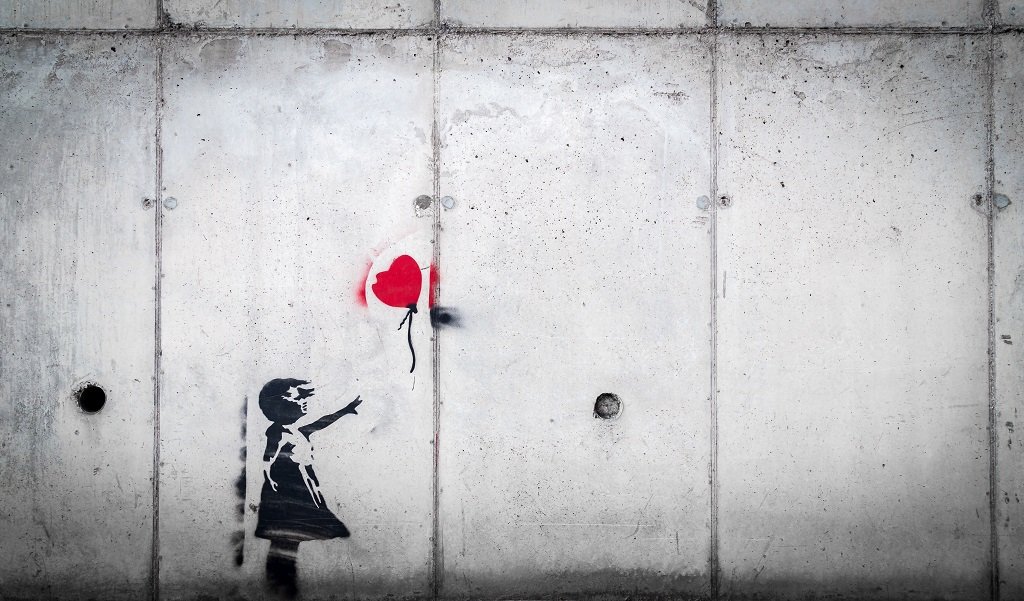Why forgiveness is hard and how to forgive authentically
Photo by Karim MANJRA on Unsplash
If you've been wronged, you know how hard forgiveness can be. Even, or especially, when the wrongdoing came from a close friend or family member.
We come up with all kinds of reasons why we can't forgive, even when we know it's the right thing to do. Knowing in our heads we need to forgive, doesn't make it easier for our hearts to do so.
4 reasons forgiveness is hard
People find forgiveness difficult for many different and personal reasons. Here are 4 common ones:
1. Conflict avoidance
If you're someone who tends to avoid conflict, you'll sidestep difficult situations. Rather than acknowledge another person's transgression, you'll carry on as if it never happened.
Or, you may cut the person out of your life so you don't have to deal with them at all. But out of sight does not mean out of mind. Without forgiveness, that person and what they did will continue to eat away at you.
2. Self preservation
You refuse forgiveness because you believe it gives the offender license to hurt you again. Unless the person is toxic or a narcissist, however, forgiveness is not the same as permission to re-offend.
3. Desire to even the score
Lack of forgiveness breeds resentment and a desire for revenge. You feel you'd be letting this person off the hook if you forgave them.
Our egos have a hard time with such one-sided acts. It's humbling to feel as though we're giving much more than we're getting in return.
4. Lack of remorse
The person has never offered you an apology. Or, they've apologized and expect that should be the end of the discussion.
But a truly remorseful person will seek to make amends. They will demonstrate their willingness to change before they expect to regain your trust.
Forgiveness is necessary even in the face of such audacity. Forgiveness and trust are not at all the same thing. Neither are forgiveness and relationship. You can stay away from someone and still forgive them.
How to extend forgiveness when it's hard
Remember we forgive for ourselves not the other person. We're letting ourselves off the hook when we forgive. The other person may not know (or care) that they've been forgiven.
Knowing forgiveness lowers anxiety, stress, and blood pressure, helps you see its importance. It boosts your immune system and increases self esteem while improving relationships, both present and future.
Remember times you required forgiveness or had to forgive yourself for wrongdoing. Give that same grace to your perpetrator.
Consider what's happened to the person to make them behave the way they do. As an example, my emotionally abusive mother grew up with abuse and neglect herself.
Forgiveness does not erase what the person did to you or the consequences of their actions on your life. But you still need to process your emotions, especially anger, and grieve over what happened to you.
Grieving does not need to be complete for you to forgive. But it is necessary so you can move forward authentically, without stuffing down unprocessed emotions.


